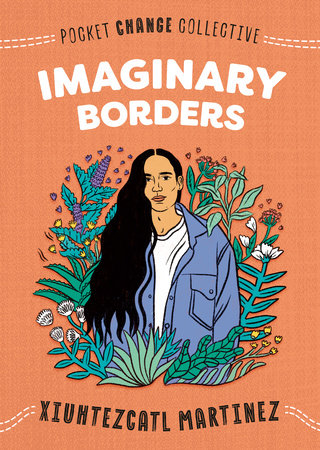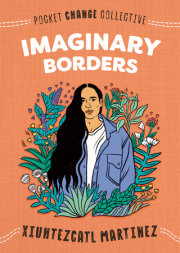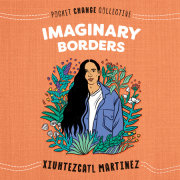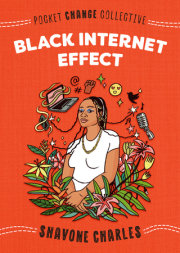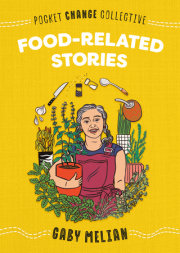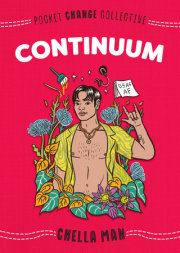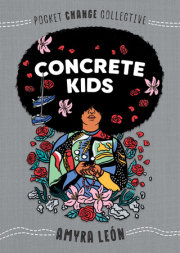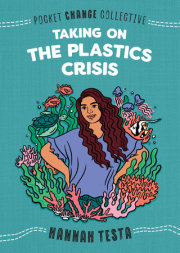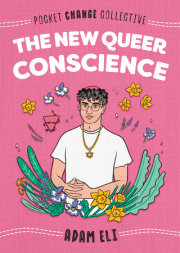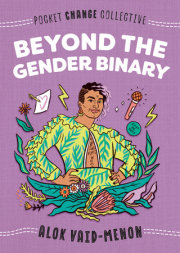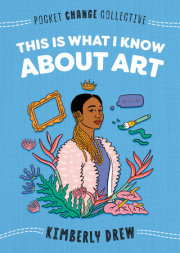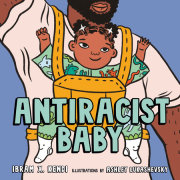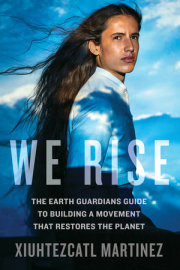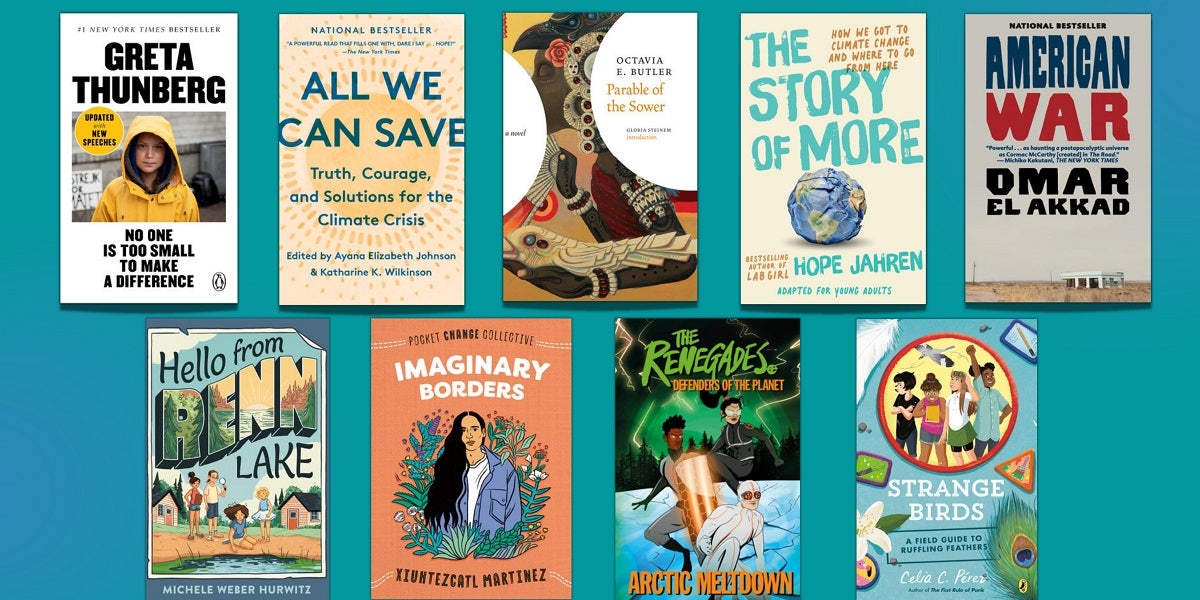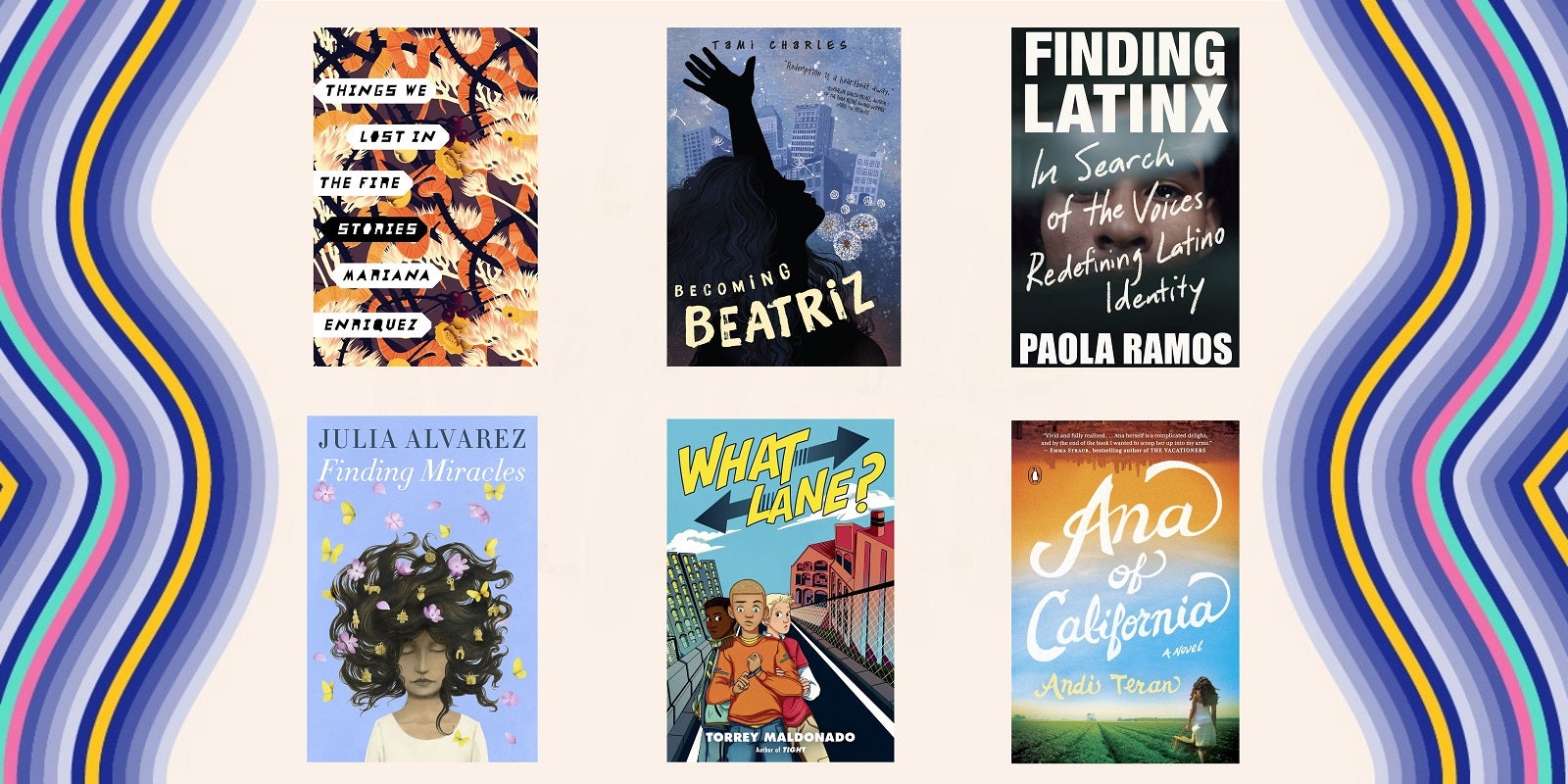Prologue
When adults make blatant generalizations about our generation, our disinterest in politics, and our disengagement from the real world, they’re not seeing the whole picture. They don’t see that the older generations who’ve shaped our society have done a really shitty job of creating a world that we feel inspired to engage with. We’re not passive because we’re ignorant and don’t understand the challenges our world faces. We get that the changing climate is threatening our future. We can see the corruption of big-industry money in politics. We see the injustice and hatred: from unchecked police brutality, to families being separated at the US-Mexico border, to militarized police using extreme force against Water Protectors at Standing Rock. It is literally being live-streamed and documented in a way that has never been seen before.
Our generation has the tools to understand what’s going on better than any before us, through social media and technology. But we often remain silent because these stories of crisis are never met with stories of solution. It’s hard to find hope in the ocean of negative, depressing, fear-based media. So a lot of us check out. To cope with the broken world we live in, we distract ourselves with social media, drugs, partying, and an endless black hole of viral dance videos, leaned-out trap rappers, and Fortnite memes.
I’ve been involved in the climate movement since I was six years old: standing to protect sacred land from pipelines, suing the US federal government for knowingly contributing to the climate crisis, demanding binding policy change and a Just Transition from fossil fuels, and eventually becoming the Youth Director of the global organization Earth Guardians. Equally important to my climate activism has been my journey to deconstruct the broken story around our future and reinvent what our collective movement can look like. We are the most diverse and most connected generation in history. We need the story of our movements to reflect that, so we can better understand the power we have to shape our world in the face of the crisis at hand.
We all have a responsibility to be a part of this redefinition of movement culture. It’s time to reclaim our space in these movements. Until every Friday night is an after-party for the FridaysForFuture school walkout y’all did earlier that day. Till our movements speak a language of culture and power, drippin’ in art, color, and diversity. Till fighting for what we believe in is something that becomes a part of us, not an external cause or use of energy.
This book isn’t about changing the world—it’s about building it together. Whether the content of these pages helps you find it or not, you have a part to play. Because the future is as much yours as it is mine. And that’s a beautiful thing.
Imaginary Borders
From “Boombox Warfare” (featuring Jaden Smith):
I can feel the sound I can feel the sound We on a wave We on a wave now . . . Even if you don’t have a driver’s license, I’d say that most people know that driving in LA can suuuck. Luckily, I left my meeting just in time to beat the 5:00 p.m. traffic on my way to San Diego. As I was leaving, I turned on a podcast that was recommended to me by a student I had met at a college speaking gig a few days before. The podcast was called
The Joe Rogan Experience. In this particular episode, comedian Joe Rogan was in conversation with David Wallace-Wells, a journalist and author of
The Uninhabitable Earth, which, as you can probably imagine, is about the end of the world.
Wells’s end of the world didn’t have to do with the Sun swallowing Earth, an alien invasion, or super-fast zombies. It had to do with something much more real. In case you haven’t heard, human beings are warming the planet. The burning of fossil fuels has caused the atmosphere to fill with greenhouse gases, which trap heat. Since the Industrial Revolution, heat-trapping gases like carbon dioxide (CO2) have risen by nearly 50 percent because of us. More than half of that CO2 is just from the last thirty years. All the extra greenhouse gases have led to an increase in global temperatures of 1.1 degree Celsius.
That may not sound like a lot, but it has caused the last five years to be the hottest in recorded history. Rising temperatures have led to more frequent and extreme heat waves, floods, droughts, and hurricanes, because a warmer world also means a wetter one (hence the flooding and storms). In 2018, extreme-weather events, proven to be worsened by climate change, cost taxpayers $91 billion in cleanup, prevention, and restoration in the United States. That doesn’t even count the human cost, as hundreds lost their lives to these natural disasters.
When we think of the climate crisis, we picture classic images of ice caps melting, sea levels rising, and polar bears drowning. But more than isolated weather events, you’re about to see that the climate crisis is more like a fucked-up web that connects and impacts every single thing we care about. It amplifies all the existing problems we experience today, from racial injustice to economic inequality to health issues to food access to war. It affects our economies, our politics, and our cultures.
“So how much trouble are we in, legitimately?” Rogan asked.
“I mean, it’s pretty bad already, and it’s going to get, I think, a lot, lot worse,” Wallace-Wells replied. As I merged onto the highway, Wallace-Wells began to speak in a way that made me feel the urgency and proximity of our climate crisis. The first thing he brought up was the wildfires that ripped through California in 2018. “Last year, there were flames hopping over the 405,” Wallace-Wells said. That visual created a flashback to seeing my homies posting videos all over Instagram when the fires hit LA. It looked like some Mordor, end-of-the-world, Hollywood shit. And there I was, only four months later, just a few dozen miles south of where the hillside had been swallowed by fire, now under a clear blue sky. Everything seemed fine. Like, beyond fine. Nature was poppin’ off. The hills were glowing with all kinds of flowers that had just bloomed, and there were hundreds of butterflies lazily floating through the air all around me, making their way north in a mass migration from Mexico. It was beautiful.
Even though I was safe in that moment, it didn’t make any of what Wallace-Wells was explaining less true or less terrifying. He went on about the fires: “There’re scientific estimates that say that, by the end of the century, they will get sixty-four times worse. . . . [That] would mean more than half of California burning every year.” Wallace-Wells then went on to say that climate damages would create about $600 trillion in expenses by the end of the century. To put that in perspective, that’s twice as much as all the wealth in the world today. I caught myself laughing, thinking about all the people who say acting on climate is too expensive. Homie was telling me that on our current trajectory, we are moving toward two degrees Celsius of warming, which the UN calls a “point of disaster” and island nations are referring to as “climate genocide.” By the time we reach that two- degree Celsius (3.6 degrees Fahrenheit) increase, we’ll likely experience the death of almost all coral reefs on the planet, entire polar ice sheets melting in the summer, and about five meters (sixteen feet) of sea-level rise. To top it off, we’re barreling closer toward a runaway climate scenario that could send us to a three-, four-, or even five-degree Celsius temperature rise. And, apparently, a two-degree increase is our best-case scenario.
That’s the fuckedest best-case scenario I’ve ever heard.
Copyright © 2020 by Xiuhtezcatl Martinez; Illustrated by Ashley Lukashevsky. All rights reserved. No part of this excerpt may be reproduced or reprinted without permission in writing from the publisher.

